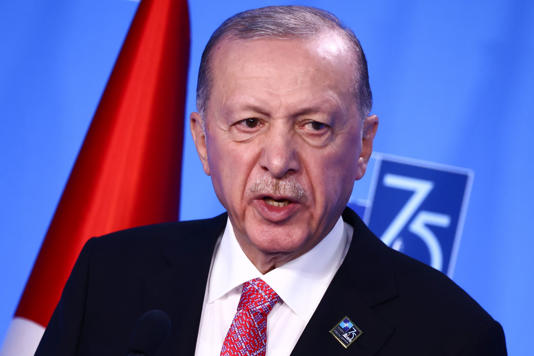Search This Blog
money saving tips for canadians, best saving tips for canadians of all ages. MoneySavings and Canadian news, financial news
Featured
article
- Get link
- X
- Other Apps
Rising Tensions: Greece and Turkey’s Fighter Jet Face-Off

The longstanding rivalry between Greece and Turkey has escalated once again, this time fueled by the acquisition of new fighter jets by both nations. The recent developments have sparked concerns over potential military confrontations and the stability of the region.
Background
The tension between Greece and Turkey is not new. Both countries have a history of disputes over territorial waters, airspace, and the status of Cyprus. However, the latest escalation is attributed to Greece’s recent acquisition of advanced fighter jets, including the F-35s, which has been perceived by Turkey as a significant threat.
Recent Developments
In response to Greece’s military upgrade, Turkey has also moved to bolster its air force capabilities. The Biden administration recently unfroze a substantial deal to provide Turkey with 40 new F-16 fighters and modernize an additional 79 aircraft. This move is seen as a strategic balance to Greece’s new F-35s and has further intensified the arms race between the two NATO allies.
Diplomatic Reactions
The international community, particularly NATO, has expressed concern over the rising tensions. NATO officials have urged both countries to resolve their differences through diplomatic means and maintain regional stability. Despite these calls for peace, both Greece and Turkey continue to accuse each other of airspace violations and provocative actions.
Potential Implications
The ongoing military buildup and mutual distrust between Greece and Turkey could have broader implications for NATO and regional security. Experts warn that any miscalculation or accidental engagement could lead to a larger conflict, disrupting the unity and operational effectiveness of NATO.
As both nations continue to enhance their military capabilities, the international community watches closely, hoping for a peaceful resolution to avoid further escalation.
Popular Posts
Stock Market Today: Nasdaq Surges and GameStop Skyrockets
- Get link
- X
- Other Apps
Trump's Six Words: "I'm Going to Stop the Wars"
- Get link
- X
- Other Apps


Comments
Post a Comment